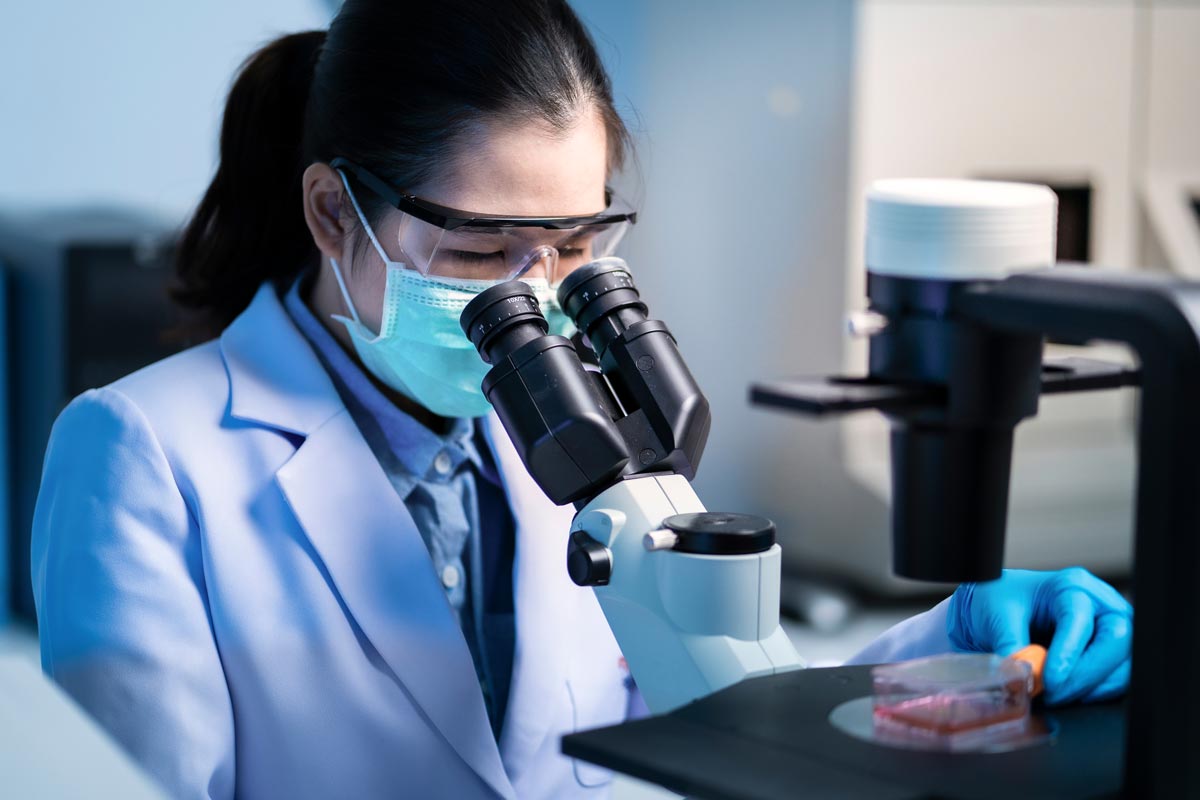
Kapiolani Medical Center Achieves Accreditation in Cellular Therapy from AABB
After more than 15 years of infrastructure development, carefully planned growth in services and detailed preparation, the Hematopoietic Progenitor Cell Transplant Program at Kapiolani Medical Center for Women & Children earned accreditation in cellular therapy from the Association for the Advancement of Blood & Biotherapies (AABB).
Cellular therapy at Kapiolani includes clinical transplant, apheresis, marrow collection, immunotherapy/CAR-T, cell processing (Hawaii Cellular Therapy and Transplant Laboratory, or HCTTL) and quality programs, with components such as apheresis and HCTTL serving all three Hawaii Pacific Health medical centers on Oahu.
The latest example of this is immunotherapy using chimeric antigen receptor T-cells, or CAR-T. In this procedure, the patient's own immune cells are collected by apheresis, prepared by HCTTL, and transported to a mainland facility, where they are genetically modified to target the patient's cancer cells. These specially engineered cells are frozen and sent back to HCTTL, where they are thawed just prior to re-infusion back to the patient.
CAR-T therapy has the potential to eliminate certain leukemias and lymphomas that have otherwise been resistant to conventional chemotherapy. Thanks to the CAR-T program and this vital infrastructure, this treatment option is now available to local patients.
AABB is recognized worldwide as a symbol of excellence in all aspects of hematopoietic cell transplant and other cellular therapies. Achieving AABB accreditation in cellular therapy means that this program has demonstrated its commitment to the highest standards of care for patients and donors.
Accreditation opens the door for the program to pursue initiatives in clinical research that will afford Hawaii's patients access to future cutting-edge therapies, such as the use of CAR-T against solid tumors, regenerative medicine using umbilical cord blood-derived stem cells and gene therapy.
Most importantly, patients and donors do not have to travel to the mainland to receive these treatments and be away from their families and other support systems.
Published on: August 19, 2024



